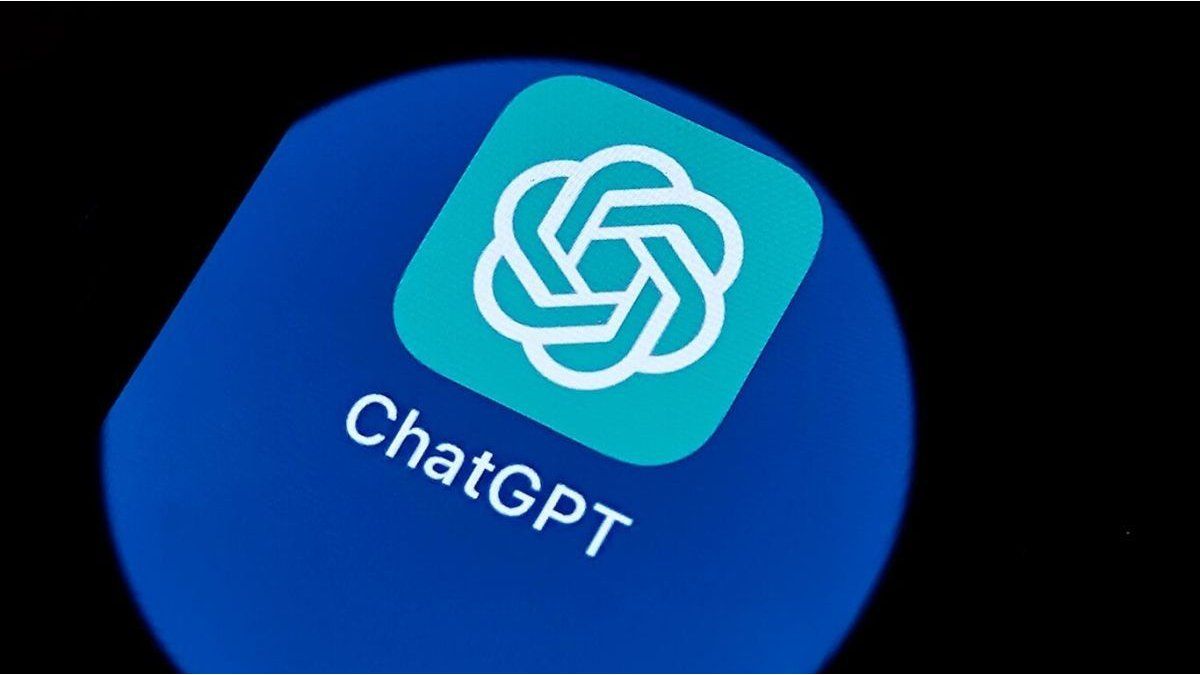Since attempts have been made to measure the amount of wealth that fraud extracts from the private economy, its importance and the meaning it could have for the persistence and exacerbation of the problem for all economies has become clear. Fraud distorts the real level of accumulation and subtracts wealth from the process.
Why is it important to talk about fraud today? Because there are multiple forms of economic crime in varying degrees of scale in this new digital age, which can be detected and prevented. At the same time, anyone, even competitors, can spread false rumors and opinions, as well as defame us through AI or GPT Chat.
There may be different methods or forms, but fraud is still a disaster that we have to live with and we must always pay attention to contain and mitigate it. New technologies such as AI or GPT Chat only provide opportunities to modify and improve the means of committing known fraud, without creating entirely new methods. Future scenarios prepare us for new business challenges that we have to move forward resolutely.
In the United States, companies lose about 5% of their annual revenue due to fraud. At first glance, it does not appear to be a worrisome figure in percentage terms, although if we look at it in an absolute way, and even more so if we think that this percentage is the product of the average number of real scams, many of which are not even mentioned.
There are serious shortcomings such as devastating damage to real people. In its public blog about the tool, OpenAI says it “sometimes writes answers that seem plausible and are incorrect or don’t make sense.” From a legal point of view, the main question is whether the owner of GPT Chatbot can be sued for defamation.
Clearly, one of the biggest challenges facing generative AI systems is the concept of hallucinations, which is the ability of generative AI to form information that appears true but is not. Even when you enter a GPT chat, a disclaimer is displayed warning that the content it generates may contain “inaccurate information about people, places, or events”, which is why it is imperative to have a professional reputation shield to control private information available. . Not only knowing what is being said about us on social networks, forums, blogs and other forms of information sharing
At the same time, there are fake GPT Chat extensions or fake websites that lead to malware. Cybercriminals are taking advantage of the technology’s current popularity to use that information and steal Facebook accounts and other online services, such as Instagram or Twitter. These stolen accounts are then used to create bots and spread malicious ads on the social network that distribute malware and steal identities.
Since attempts have been made to measure the amount of wealth that fraud extracts from the private economy, its importance and the meaning it could have for the persistence and exacerbation of the problem for all economies has become clear. Fraud distorts the real level of accumulation and subtracts wealth from the process.
toAuthorFraud in the digital age. Institutional fraud prevention and investigation consultant.







